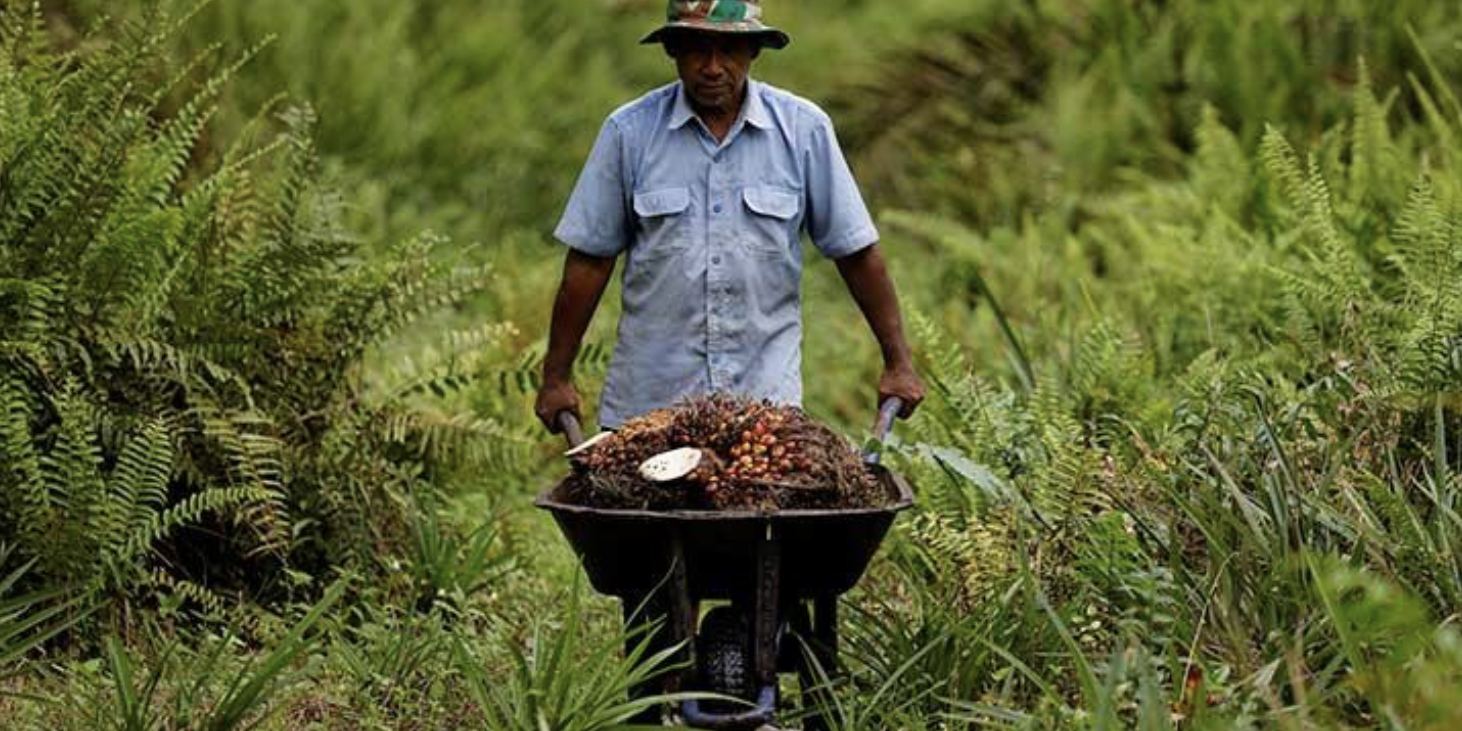Coordinating Minister for Economic Affairs, Airlangga Hartarto, said that Indonesia is dominating global palm oil exports, accounting for 54 percent of world palm oil supplies.
In 2023, Indonesia’s total palm oil production stood at 56 million tons with export realization reaching 26.33 million tons, Airlangga explained.
“Indonesia is the world’s largest palm oil producer with (production pegged at) 56 million tons. Our exports amount to 26.33 million tons and makeup 54 percent of the world market,” he said at the National Coordination Meeting for the National Action Plan for Sustainable Palm Oil Plantations 2019–2024 on Thursday, March 28.
According to the minister, palm oil is a strategic commodity for Indonesia. In 2023, the value of palm oil exports reached Rp28.45 billion (US$1.7 million), or close to 12 percent of non-oil and gas exports.
In addition, the palm oil industry contributes to the labor sector by directly and indirectly employing 16.2 million people, he highlighted.
“Palm oil is also an economic driver in palm oil producing areas and brought development in rural areas and reduces poverty levels,” Airlangga added.
Therefore, the ministry is continuing to develop palm oil downstream by producing finished products with higher value, for example, B40 biodiesel derived from palm oil, which has been developed as a sustainable alternative fuel.
Airlangga went on to say that his office is currently focusing on creating a sustainable palm oil industry by undertaking several efforts through various policies, including the Indonesia Sustainable Palm Oil (ISPO) certification and the People’s Palm Oil Rejuvenation (PSR) program.
The presidential regulation on ISPO aims to accelerate sustainable certification for large-scale businesses and palm oil plantations.
“The presidential regulation has been revised and the ISPO also includes traceability of the palm oil supply chain by strengthening the downstream concept,” the minister said.
The government, through the Palm Oil Plantation Fund Management Agency (BPDPKS), has disbursed funds amounting to Rp9.25 trillion for a land area of 331,007 hectares for the PSR program.
Earlier, the government had increased funding for the PSR program from Rp30 million to Rp60 million per hectare, Airlangga remarked.
Source: Tempo.co
Disclaimer
This article may contain copyrighted material, the use of which may not have been pre-authorized by the copyright owner. This material is made available for the purpose of giving information and knowledge. The material contained on the Astra Agro website distributed without profit. If you are interested in using copyrighted material from this material for any reason that goes beyond ‘fair use’, you must first obtain permission from the original source.










